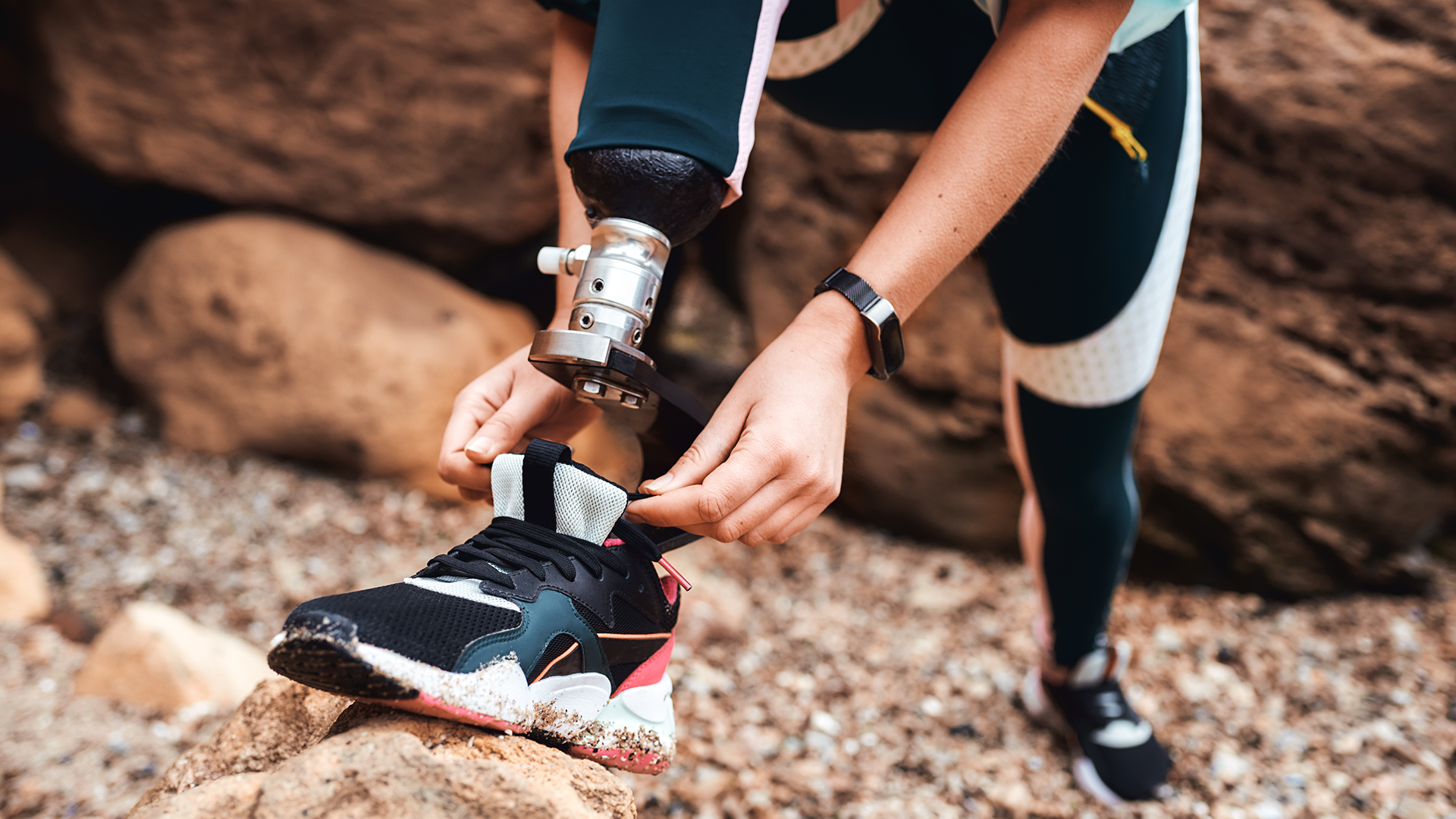Disclaimer: This blog article was written by an AdvancedMD partner. The views and opinions expressed in this article are those of the author(s) and do not necessarily reflect the official policy or position of AdvancedMD.

Losing a limb is more than a physical challenge—it’s an emotional and psychological journey that profoundly impacts a person’s sense of self, independence, and future. We recognize that prosthetic care extends far beyond providing a device; it’s about offering hope, confidence, and support when it’s needed most. This is why early intervention, including peer advocacy and comprehensive patient support, is crucial for a smooth transition and successful recovery.
Understanding the Emotional Impact of Limb Loss
The moment a person learns they will undergo an amputation, a wave of emotions follows—fear, grief, anxiety, and uncertainty. The road ahead may seem overwhelming, and questions arise: How will I adapt? Will I regain my independence? Who can I turn to for support? These emotions are natural, and addressing them early in the recovery process is key to helping amputees regain control over their lives
The Power of Early Intervention
Referring a patient to a prosthetic provider in DMEconnected means more than just obtaining a limb—it means ensuring they receive comprehensive care tailored to their unique needs. Here’s how this approach makes a difference:
Peer Advocacy: Real Connections, Real Hope
One of the most powerful tools in an amputee’s recovery is connecting with someone who has walked the same path. Our peer advocates—individuals who have experienced limb loss firsthand—offer invaluable insight, encouragement, and real-life examples of success. These connections help alleviate fear and
demonstrate that a fulfilling, independent life is within reach.
Educational Resources: Knowledge is Empowerment
Understanding what to expect post-amputation is vital for patients and their families. DMEconnected provides educational materials covering everything from post-surgical care and prosthetic options to daily adaptations and emotional wellness. These resources help guide patients through their journey, giving them the knowledge they need to take proactive steps in their recovery.
Transportation Services: Removing Barriers to Care
One of the biggest challenges for new amputees is getting to and from medical appointments. Whether due to mobility limitations or a lack of available transportation, missing essential visits can delay recovery. That’s why DMEconnected offers transportation services, ensuring patients can access the care they need without the added stress of finding a ride.
Support Groups: Strength in Community
Healing isn’t just about the body—it’s about the mind and spirit. DMEconnected support groups provide a safe space for patients to connect, share their experiences, and learn from others who have faced similar challenges. These groups foster a sense of belonging, helping amputees build confidence and emotional resilience as they adapt to their new normal.
The Dangers of Ill-Fitted Prosthetic Sockets
A crucial aspect of long-term prosthetic care is ensuring a proper fit. Many amputees remain in prosthetic sockets that no longer fit well due to changes in their residual limb. Over time, this can lead to skin breakdowns, wounds, chronic pain, and an increased risk of falls. These complications not only hinder mobility but can also lead to further medical issues, delaying the recovery process. By working closely with patients and monitoring their prosthetic fit regularly, DMEconnected helps them avoid these risks and maintain comfort, safety, and confidence in their mobility.
Why Early Referrals Matter for Healthcare Providers
For healthcare providers, making an early referral to a prosthetic provider in DMEconnected is about so much more than just the physical aspect of limb replacement. It’s about giving patients access to a full spectrum of support that enhances both their physical and emotional recovery. By ensuring patients receive early peer support, educational resources, transportation assistance, and access to a strong community, providers help lay the foundation for a more positive, empowered recovery experience.
Conclusion: More Than Just a Prosthetic—A Path to a New Beginning
DMEconnected believes that a prosthetic device is just one piece of a much larger puzzle. True recovery comes from the combination of expert prosthetic care, emotional support, community connection, and ongoing education. When healthcare providers partner with a platform like DMEconnected, they’re not just referring a patient for a prosthesis—they’re partnering with companies like OPC Prosthetic Centers; giving patients the tools, connections, and confidence they need to thrive in their new reality.

